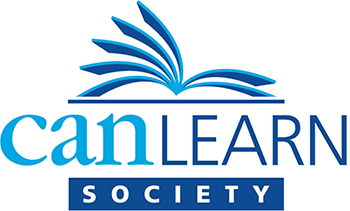Alice Prichard, Ph.D., R. Psych., is a psychologist with Child Development Services (CDS) at the Child Development Centre (ACH). Her goal is to hear from families about what they believe are the gaps in services in Calgary and what types of services they need or needed that they were not able to access.
Hearing that your child has a neurodevelopmental disorder can be overwhelming. Along with a new diagnosis, there might be new treatments and services to consider. Through the Neurodevelopmental Disorder Integrated Brain Health Initiative, Child Development Services (CDS) at Alberta Children’s Hospital is starting a pilot project to improve how we meet the needs of families and children with a new diagnosis of a neurodevelopmental disorder Our goal is to help families as they begin to access community services and to start addressing gaps in services that are not readily available or not easily accessible in the community.
The intent is not to duplicate existing services or provide long-term supports, but rather to offer new programming in areas of need and to improve existing services. For example, you may see a session that looks at the parent-child relationship in the context of a neurodevelopmental disorder diagnosis. Or, we may offer additional parent education that isn’t currently offered at CDS or in the community. We hope families will feel more empowered and have the tools they need as they begin this journey with their child.
We are seeking families of children with Neurodevelopmental Disorder to help us plan the best new programming at CDS. We want to learn from you about what would be most helpful to families after their child has received a neurodevelopmental disorder diagnosis, and about what services you find hard to access and why. We would appreciate you completing a short survey by clicking the link below. The survey should take 5-10 minutes to complete. It is voluntary, and you can decide to stop at any time. Thank you for your input!
Survey – Accessing Services in Calgary for Families of Children with NDD
Note: Neurodevelopmental Disorders include Autism Spectrum Disorder, Attention-Deficit/Hyperactivity Disorder, Intellectual Disability, Fetal Alcohol Spectrum Disorder, and other disorders of the brain.
Contact Information:
Dr. Alice Prichard, R.Psych.
Email: [email protected]
Phone: 403-955-5858


 Since 1979, the CanLearn Society has helped improve the lives of thousands of children, adults, and families with learning, attention, and literacy challenges. We have 40 years of proof that our services and programs work! Our clients experience better success at school, home, and work ultimately improving their lives. We believe that everyone has the potential to become a successful learner — IF they have access to the services, they need to help them read and learn with confidence.
Since 1979, the CanLearn Society has helped improve the lives of thousands of children, adults, and families with learning, attention, and literacy challenges. We have 40 years of proof that our services and programs work! Our clients experience better success at school, home, and work ultimately improving their lives. We believe that everyone has the potential to become a successful learner — IF they have access to the services, they need to help them read and learn with confidence.
